“Once you choose hope, anything is possible”, says Christopher Reeve, American actor and author, 20-21st Century. The world full of all manner of uncertainties, there is only one thing that can keep one going is, HOPE. Hopeful people are purposeful people. Hope is a topic widely discussed in the humanities and researched in the field of psychology. HOPE… HOPE… & HOPE… the word hope has lots of attractiveness, encouragement, and full of life in itself. It is true that when we talk about hope people always would say that we are making them to see everything in positive way even in the crucial moments. Hope is related to positive worldviews and values. Indeed, it is the courage to act even when one cannot see. Because hope doesn’t flee from obstacles rather it helps one to face and overcome them. It is a strong mechanism through which an individual social sup- port and psychological well-being increases in a positive manner.
We know the life style of Viktor Frankle who had hope as his coping mechanism to come out of the concentration camp. He says, “People spent their lives encouraging and hope to others. Hopeful people are goal oriented. Indeed, they tend to have more goals, more difficult goals and better coping skills. They recover faster from setbacks and are less prone to burnout”. Yes, it is hope that holds us together when everything else around us fails. Hope keeps us focused. It makes us to focus on what can s/he done rather than worry about what cannot (Putri, 2014). Recently I have read a real story about a multimillionaire who had bitter childhood but with the help of a doctor that multimillionaire became a great hope for many.
A little girl from England, in 1930s who used to disturbed other students during class. She also was found to be not good in studies. She got a nickname Wriggle Bottom. Her teachers thought she had a learning disorder (ADHD) and informed her mother. Her mother felt hopeless, perplexed and worried too much about her daughter. Respecting the instruction and opinion of the teachers in the school she took her daughter to a specialist. In front of the girl, the specialist spoke to the mother about the problems the girl was having. But the girl was not that much mature enough to understand the conversation. She did not bothered about them too. Then, the specialist thought a while and took her mother outside privately. As they went out he asked the little girl to wait a while in his office. Meanwhile, he turned on the radio as they left the office.
After a while from outside, they looked into the office from a window. To their surprise the little girl. had started dancing to the music. The entire time that they were outside, she was dancing. And the specialist told the little girl’s mother that her daughter did not have a learning disorder. Instead, she was a dancer and she should be taken to a dance school. The mother agreed to try this out and the little girl was so happy when she got into a dance school. She joined the Royal Ballet School London, England from where she graduated, then founded her own. dance company, met Andrew Lloyd Webber and did the choreography for Cats and Phantom of the Opera. Her name is Gillian Lynne and she is now a multimillionaire. In 1930s the term ADHD was not prevalent. Otherwise she would have been diagnosed. as ADHD Child and some medication or exercise might be given to her to concentrate on her studies. Luckily for this little girl, this didn’t happen. Instead, she joined the Royal Ballet School. Therefore, when the path is clear one can direct his or her life to the fulfillment of life with hope. Today, she is a role model for many learning disability people. She became a multimillionaire because of the specialist who seed the hope on her mother and asked the mother to hope for it. That particular conversation changed the entire mindset of Gillian’s mother tobring out the hidden treasure of Gillian to the world. Yesthat is the secret of hope.
All have hope. Hope never dies. If one loses hope then she or he loses everything else in his or her lives. So when hope is gone, each one has to say good bye to the health and happiness. Isn’t it? Because each one’s health, happiness and other things are situated around hope. Hope is not the conviction that something will turn out well, but hope is the certainty that something makes sense, regardless of how it turns out, says Joseph D. Putti. It is concerned not only with action but also with its appropriateness. Thus, when people asked Nelson Mandela after many years of imprisonment, whether he was optimistic of a solution to the crisis he said, “He was never optimistic, but never lost hope.” Yes, such was his hope and survived having the same. The good news is that hope is a learned skill, and just about anyone can learn to be more hopeful. Just think of people who are having AIDS, Cancer, and other ailments. How are they surviving? What makes them to live long? Does hope play any role in their life? The answer is YES when I encountered group of students (AIDS) in my training program in 2018. Hope is the hallmark of human beings to march ahead. Hope is a divinely implant- ed instinct. “Hope springs enternal in the human breast”, wrote the poet Alexander Pope. It is the most powerful dynamo for fullness of living. Its effect can never be over. Let me end my thought on this topic by posting two questions about a person. Have you heard of Bonhoeffer who was condemned to death by Hitler? What was his reply? Just find and tell me whether his reply anything to do with HOPE.
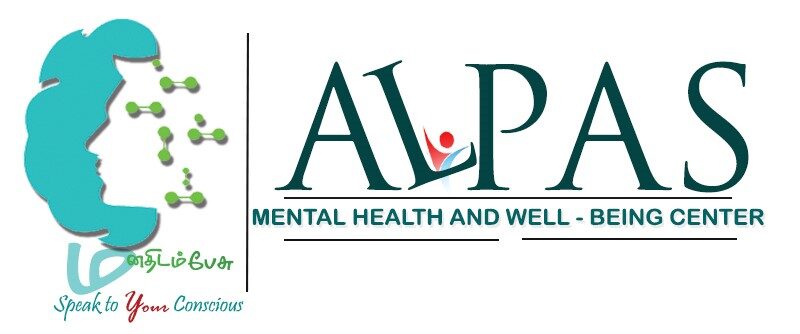
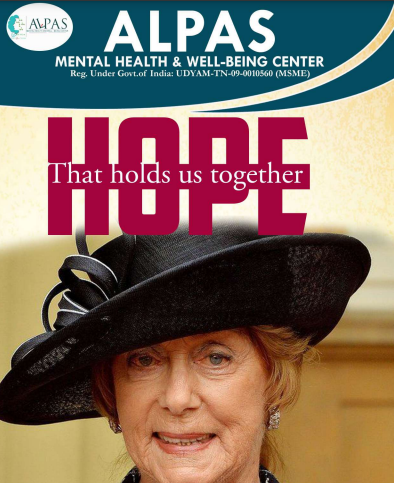
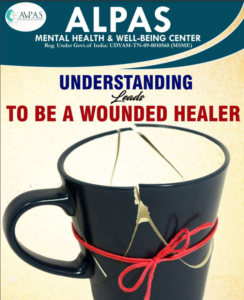
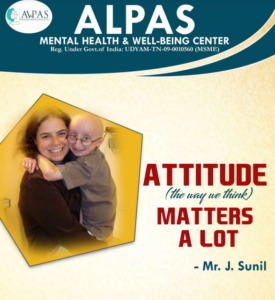
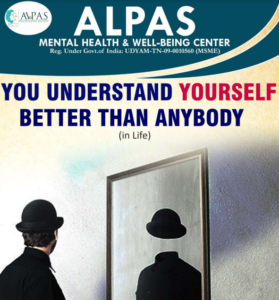
I can see the passion you put into this – it’s contagious. ❤️
Thanks for your words of encouragement